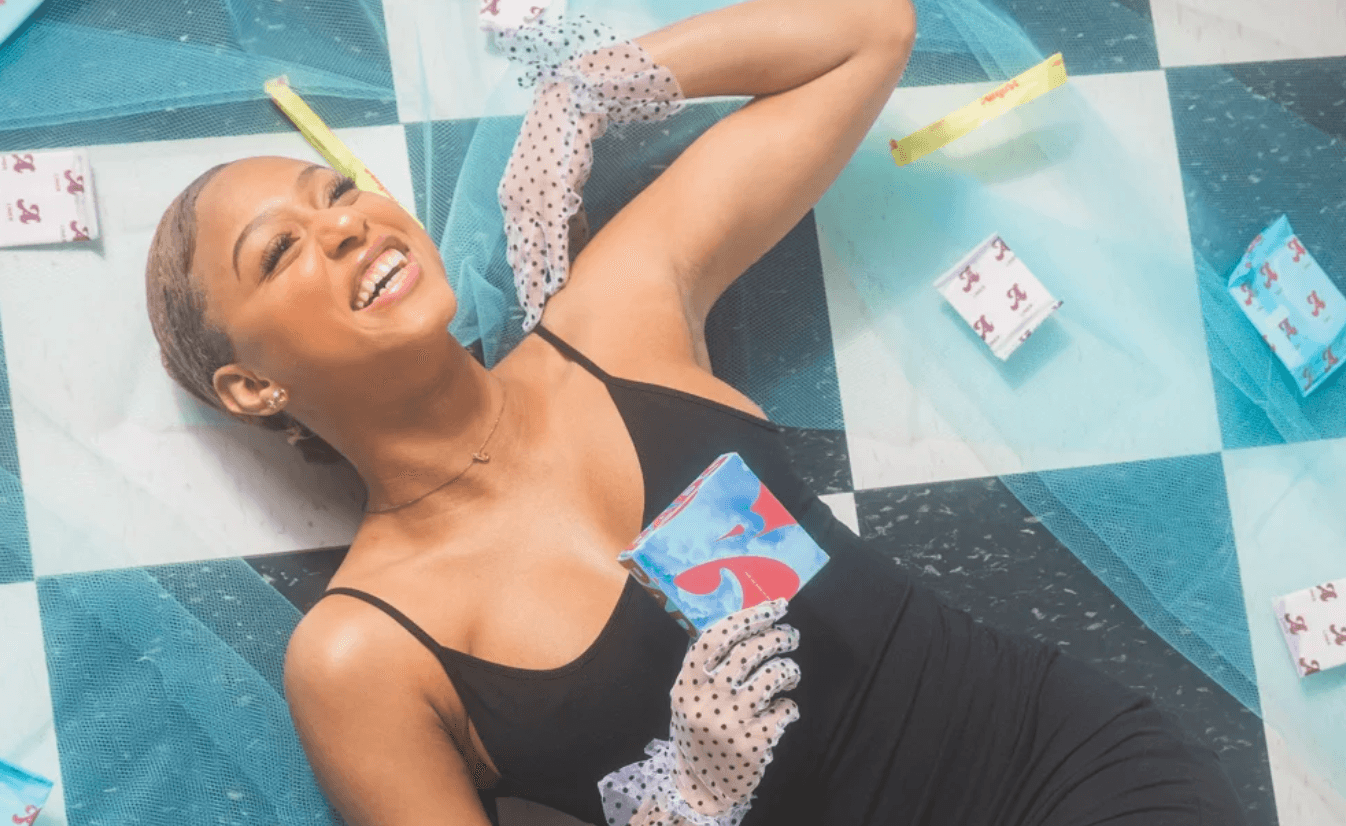Insight
Cultural Tension: Over the Influence

Influencers are dead, long live influence.
The use of influencer marketing has been on the rise since Apple’s iOS 14 update in 2021, which tightened privacy restrictions and made targeting potential customers much less efficient - and way more expensive. As audience reach and resonance became invaluable, brands rushed to partner with online personalities with large, passionate followings.
While influencer marketing can be effective (33% of Gen Z have bought something based on an influencer’s recommendation in the last three months), its popularity as a marketing strategy has oversaturated users' social media feeds - leading to a dilution of trust for consumers. The Federal Trade Commission has these #ads in its sights as well, as the agency works on new guidelines around how influencers should properly disclose brand-sponsored content.
People are tired of being targeted (last month, two Business Insider reporters found that >30% of their feeds were sponsored content) and know that the relationship between product and influencer often only goes as deep as an affiliate link. In a recent study by EnTribe, 86% of respondents said that they trust user-generated content over influencer recommendations. Bullish portfolio company Bubble, as one example, is writing the playbook for generating authentic engagement and recommendations from non-influencers.
Enter the creator-led brand - a product born from a founder with an existing digital reach building something specific for their own community. In a sea of over-influence, creator-led brands can circumvent paid advertising and targeting by delivering on their built-in authenticity and trust with their followers. YouTubers (BloxSnacks, Feastables), TikTokers (Be Happy Snacks, Dieux Skin), and even Twitch streamers (Myna Snacks) are ushering in a new era of beloved consumer brands.
If done well, the creator’s online presence establishes authenticity for their brand whether it’s front and center or not. Take period care brand August’s founder Nadya Okamoto. With more than 4 million TikTok followers, she uses her platform mostly to destigmatize menstrual cycles. Okamoto is not always selling August tampons or pads, but her passion for the topic creates the soul of the August brand and resonates with followers who share that interest. For creator-led brands, the initial attraction often exists before there is a product to sell and evolves into a connection that goes beyond the link in bio.
Unlike influencer marketing that operates in one direction, creator-led brands also benefit from a two-sided relationship with their customers, and can draw on their communities to inform strategic growth. Mr. Beast, a YouTube creator with over 210 million subscribers, leveraged that deep understanding of his followers to launch Feastables - a snack brand that saw $10 million in sales in its first few months.
We believe creator-led brands are well-positioned to unlock distribution and brand awareness more efficiently. By connecting with existing followers, who have shared interest and are eager to participate in the development and growth of a brand, everyone can feel like they are part of the journey.
More
News
Bullish on Bandit, our latest investmentInsights
Cultural Tension: Adulting AlphasInsights
The Playbook for the Consumer ComebackInsights
Cultural Tension: Command-F ConfidenceNews
Bubble's ambassador program featured in the WSJNews
Honeylove named to Most Promising Startups listSign up for the latest consumer insights and news
Most Dangerous Agency in America™
©2023